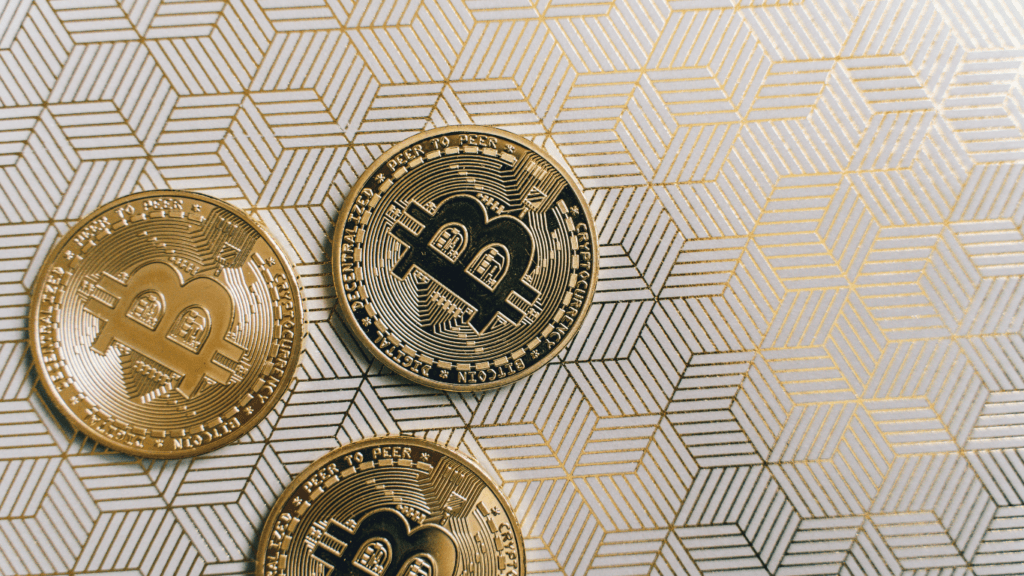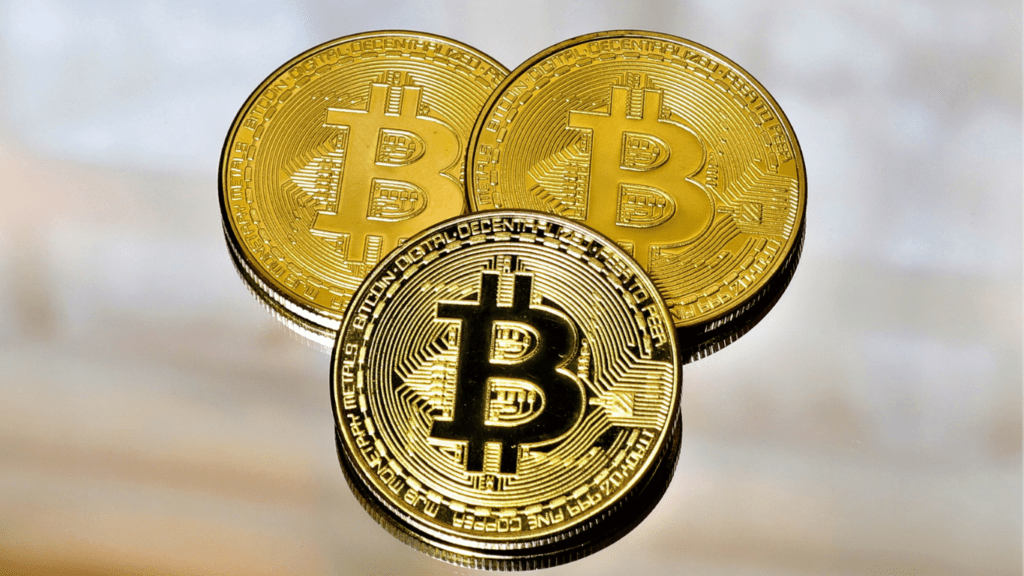In the ever-evolving landscape of gambling, decentralized casinos are paving the way for a new era of transparency, security, and fairness. As I delve into the world of decentralized casinos, I uncover the innovative technologies and concepts that are reshaping the future of gambling.
From blockchain-powered platforms to smart contracts, these decentralized casinos are revolutionizing the way we experience and interact with online gaming. Join me on a journey to explore the potential impact of decentralized casinos on the gambling industry.
Discover how these cutting-edge solutions are addressing traditional pain points and offering a more decentralized, trustless environment for players worldwide. The future of gambling is here, and it’s decentralized.
Evolution of Gambling
Gambling has a long history, dating back centuries. In the past, traditional casinos dominated the gambling landscape, offering limited transparency and often raising concerns about fairness. However, with the evolution of technology, especially the advent of decentralized casinos, the gambling industry is undergoing a significant transformation.
Decentralized casinos represent a new era in gambling, driven by innovative technologies like blockchain and smart contracts. These decentralized platforms are revolutionizing the industry by introducing unparalleled levels of transparency, security, and fairness.
By leveraging blockchain technology, transactions on these platforms are encrypted and immutable, ensuring a higher degree of trust for players. The evolution of gambling from traditional brick-and-mortar casinos to decentralized platforms signifies a shift towards a more democratized and inclusive gaming environment.
Players now have the opportunity to engage in gambling activities with enhanced security and fairness, free from the constraints of centralized authorities. As the gambling landscape continues to evolve, decentralized casinos are poised to lead the way in revolutionizing the industry, offering a glimpse into the future of gambling that prioritizes transparency, security, and fairness for all players.
Rise of Decentralized Casinos
Decentralized casinos are revolutionizing the gambling landscape, offering enhanced transparency, security, and fairness through innovative technologies like blockchain and smart contracts. Let’s delve into how these advancements are reshaping the future of gambling.
Blockchain Technology in Gambling
Blockchain technology plays a pivotal role in decentralized casinos by ensuring transparent and secure transactions. The decentralized nature of blockchain eliminates the need for centralized control, making it nearly impossible to manipulate gaming outcomes.
With every transaction recorded on a public ledger, players can verify the fairness of games, fostering a new level of trust in the gambling industry.
Smart Contracts and Security
Smart contracts are self-executing contracts with predefined rules encoded within them. In decentralized casinos, smart contracts automate processes such as payouts, ensuring that winnings are distributed fairly and securely without the need for intermediaries.
By removing human intervention, smart contracts enhance security and reduce the potential for fraud, offering players a more trustworthy gaming experience.
Benefits of Decentralized Casinos
Decentralized casinos offer several key advantages that set them apart from traditional online gambling platforms.
Transparency and Fairness
In decentralized casinos, transparency and fairness are ingrained in the very foundation of the platform. Utilizing blockchain technology, every transaction and gameplay outcome is recorded on a public ledger, visible to all players.
This transparency ensures that the games are provably fair, eliminating any doubts about the integrity of the gaming process. Players can verify the authenticity of each bet and game result, creating a trustworthy environment for all participants.
Lower Costs and Better Odds
Decentralized casinos operate with significantly lower overhead costs compared to their centralized counterparts. By removing intermediaries and unnecessary third parties, these platforms can offer better odds to players and reduce transaction fees.
Smart contracts automate processes like payouts, eliminating the need for manual intervention and lowering operational costs. This efficiency translates into improved odds for players and higher potential returns on their bets. With lower costs and better odds, decentralized casinos provide a more economically attractive option for gamblers looking to maximize their winnings.
Challenges and Limitations
While decentralized casinos offer numerous advantages, there are certain challenges and limitations that need to be addressed as the industry continues to evolve. I’ll outline some key factors that pose potential obstacles to the widespread adoption and success of decentralized gambling platforms:
- Regulatory Hurdles: Despite the innovative potential of decentralized casinos, the regulatory landscape surrounding online gambling remains uncertain in many jurisdictions. Legal restrictions and compliance requirements pose challenges for decentralized platforms seeking to operate within the boundaries of the law.
- Scalability Issues: Scalability is a common concern in decentralized systems, including casinos. As more users participate in gaming activities, the capacity of the blockchain network to process transactions efficiently without congestion becomes crucial for ensuring a seamless gaming experience.
- User Experience: While blockchain technology enhances security and transparency, the user experience on decentralized gambling platforms may not always match the convenience and familiarity of traditional online casinos. Improving the user interface and overall experience is essential for attracting and retaining players.
- Volatility of Cryptocurrencies: Decentralized casinos predominantly operate using cryptocurrencies, which are subject to price volatility. Fluctuations in the value of digital assets can impact player confidence and the stability of in-game economies.
- Lack of Customer Support: Decentralized platforms may face challenges in providing robust customer support services compared to traditional casinos. Ensuring responsive and effective customer assistance is crucial for addressing player concerns and maintaining trust in the platform.
- Security Concerns: While blockchain technology offers enhanced security features, decentralized casinos are not immune to cybersecurity threats. Addressing vulnerabilities and implementing robust security measures to protect player funds and personal information is paramount for the success of these platforms.
- Integration with Fiat Currencies: The transition from traditional fiat currencies to cryptocurrencies can present obstacles for users unfamiliar with digital assets. Simplifying the process of converting and using cryptocurrencies for gaming purposes can broaden the accessibility of decentralized casinos.
By recognizing and tackling these challenges, decentralized casinos can strive towards a more sustainable and inclusive future in the gambling industry. Each obstacle presents an opportunity for innovation and improvement, shaping the landscape of decentralized gaming for players worldwide.
Future Trends in Decentralized Gambling
Exploring the future trends in decentralized gambling unveils a landscape ripe with innovation and potential. Decentralized casinos are poised to revolutionize the gambling industry further by addressing existing challenges and ushering in a new era of trust and transparency for players worldwide.
- Blockchain Integration for Enhanced Security: Integrating blockchain technology is crucial for decentralized casinos to ensure top-notch security and trust among players. Blockchain’s decentralized nature eliminates the risk of centralized control, making it nearly impossible to manipulate gaming outcomes.
- Smart Contracts Automating Fair Payouts: Smart contracts play a pivotal role in decentralized gambling by automating processes like payouts with utmost fairness and security. These self-executing agreements guarantee that winnings are distributed transparently without the need for intermediaries, enhancing overall trust in the gaming experience.
- Advantages of Decentralized Casinos Over Traditional Platforms: Transparency and fairness are inherent in decentralized casinos, with all transactions and game results documented on a transparent ledger. By removing intermediaries, these casinos operate with significantly lower overhead costs, enabling them to provide improved odds and reduced transaction fees to players.
- Overcoming Challenges for Sustainable Growth: Addressing regulatory hurdles, such as uncertain legal frameworks, is essential for the sustainable growth of decentralized casinos. Scalability issues need to be resolved to ensure seamless transaction processing as user participation escalates.
Embracing these future trends in decentralized gambling presents a clear roadmap for the industry’s evolution towards a more secure, transparent, and inclusive gaming environment. By harnessing the power of blockchain technology and implementing strategic solutions to overcome challenges, decentralized casinos are well-positioned to shape the future of gambling positively.


 Evan Pettis played a pivotal role in shaping Spin Golden Bucks, contributing his expertise and dedication to its development. His innovative ideas and deep understanding of the gambling industry have been instrumental in enhancing the platform's resources, particularly in crafting strategies and tools that resonate with both seasoned and new gamblers. Evan’s commitment to excellence ensures the platform delivers cutting-edge insights and maintains its reputation as a trusted resource for responsible betting.
Evan Pettis played a pivotal role in shaping Spin Golden Bucks, contributing his expertise and dedication to its development. His innovative ideas and deep understanding of the gambling industry have been instrumental in enhancing the platform's resources, particularly in crafting strategies and tools that resonate with both seasoned and new gamblers. Evan’s commitment to excellence ensures the platform delivers cutting-edge insights and maintains its reputation as a trusted resource for responsible betting.